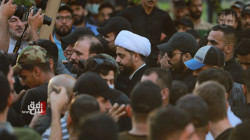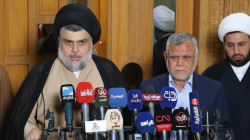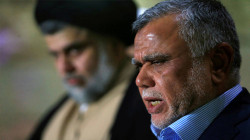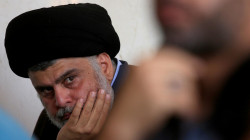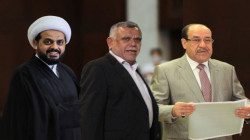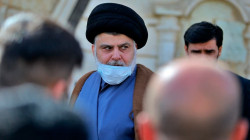Exclusive: CF makes last-minute move to appease al-Sadr, PUK rejects KDP deal
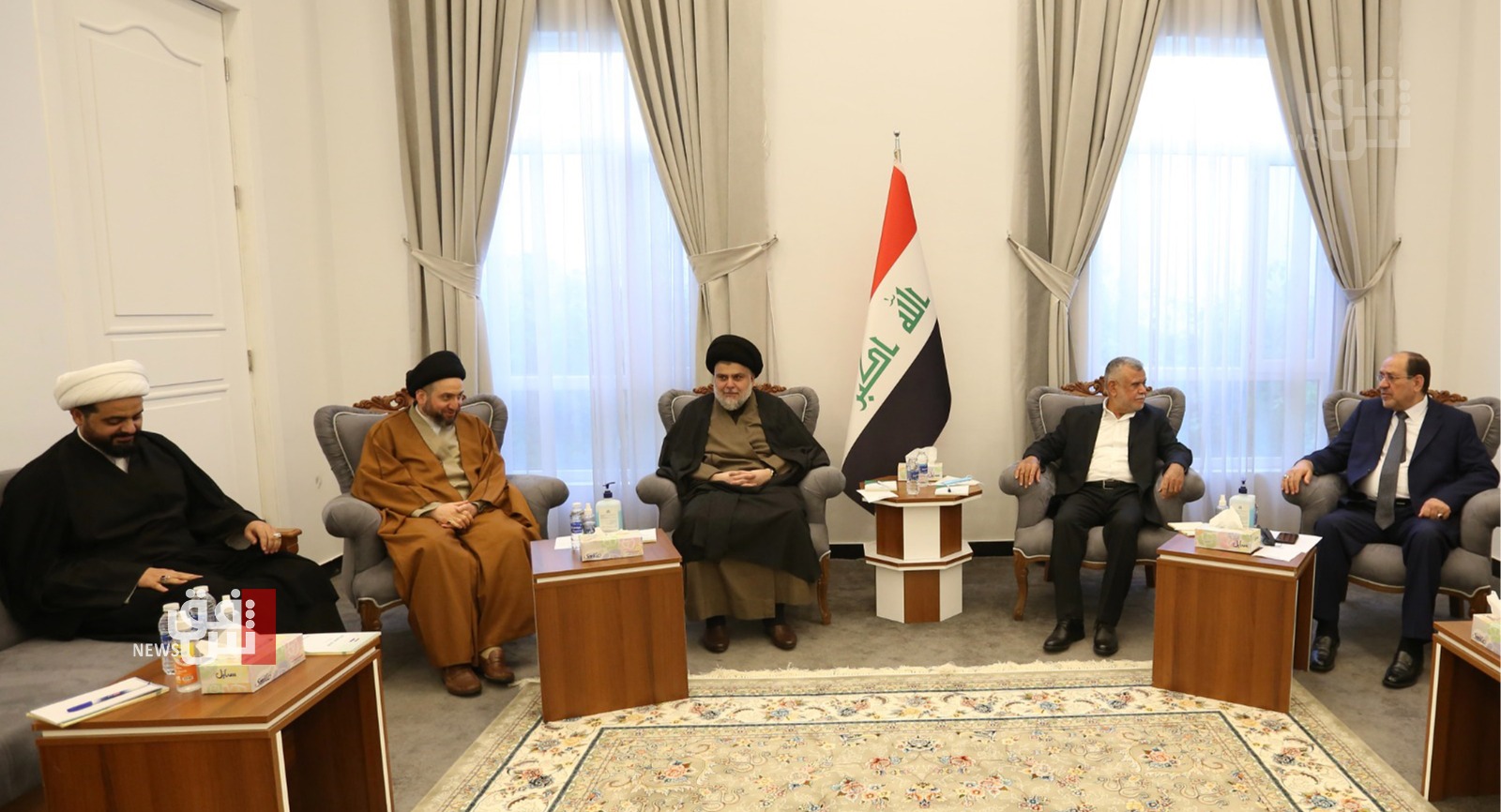
Shafaq News/ Iran-backed Coordination Framework has made a last-minute proposal to appease maverick populist leader Muqtada al-Sadr amid eeire silence from the latter, a source revealed on the eve of a decisive meeting of the Iraqi parliament tomorrow, Thursday.
Iraq's parliament will convene tomorrow for a session meant to elect a new president, the speaker's office said on Tuesday, but divisions which have led to a year-long political deadlock may still obstruct progress.
Tomorrow's session follows a year since an Oct. 10, 2021 parliamentary election in which populist Shiite cleric Moqtada al-Sadr emerged as the biggest winner but failed to lobby enough support to form a government.
"Some of the Coordination Framework's parties have never given up on mending fences with the leader of the Sadrist movement. Efforts to initiate direct dialogue with al-Sadr have never ceased, but the latter refuses to engage in any negotiations," a source told Shafaq News Agency.
"Powerful sides in the Coordination Framework proposed replacing the Shiite consortium's candidate for the premiership, Mohammad Shiyaa al-Sudani, by a figure al-Sadr approves, such as Jaafar al-Sadr, Qasem al-Araji, or Hamid al-Shatri. However, al-Sadr's response to this proposal was silence. His attitude toward tomorrow's vote remains an enigma," another source said.
Al-Sadr has withdrawn his 73 parliamentarians from the assembly and in August announced he would quit politics, prompting the worst violence in Baghdad for years when his loyalists stormed a government palace and fought rival Shiite groups, most of whom are backed by Iran and have heavily armed paramilitary wings.
Al-Sadr had initially sought to form a parliamentary majority by allying himself with Kurdish and Sunni parties, excluding his Iran-backed Shiite rivals.
The presidency is a largely ceremonial position, but the vote for a new president is a key step in the political process, since the president invites the nominee of the largest parliamentary bloc to form a government.
Under a power-sharing system designed to avoid sectarian or ethnic conflicts, Iraq's president is a Kurd, its prime minister a Shiite, and its parliament speaker a Sunni.
Disagreement among the main Kurdish parties that run the semi-autonomous Kurdistan region in northern Iraq has prevented the selection of a president.
The Patriotic Union of Kurdistan party (PUK) has held the presidency since 2003. Its rival, the Kurdistan Democratic Party (KDP), which claimed the largest number of Kurdish votes by far, is insisting on its own candidate.
"The KDP had shown readiness to pull out their candidate for the presidency if the PUK did the same and settle to a compromise candidate, Abdul-Latif Rachid, who is also a PUK figure," one source said, "the KDP's condition to shake hands over this deal is to take over all the Kurdish seats in the cabinet, which was resolutely rejected by the PUK despite a welcome nod from the Coordination Framework."
"The PUK is adamant about renewing the mandate of incumbent president Barham Salih, who is not popular among all the Coordination Framework's member parties," the source added, "some of them are exerting pressure upon the PUK leader Bafel Talabani to consider another candidate."
A lawmaker from the Kurdistan Democratic Party said no agreement with the Patriotic Union of Kurdistan has been reached yet.
PUK spokesperson, Soran Jamal Taher, said that incumbent Salih is the Patriotic Union of Kurdistan's sole candidate for the presidency of Iraq, refuting media reports on an agreement to settle for Abdul-Latif Rachid.
